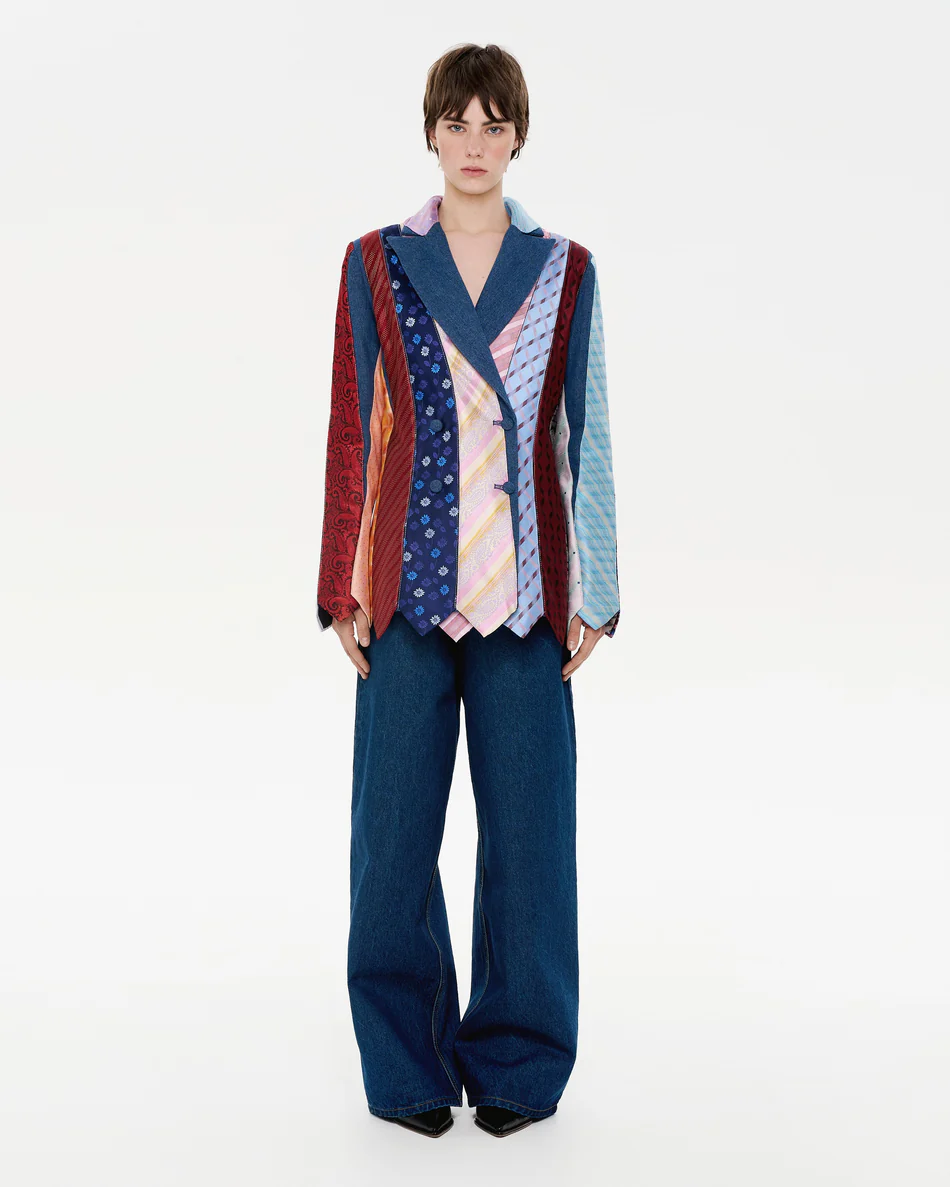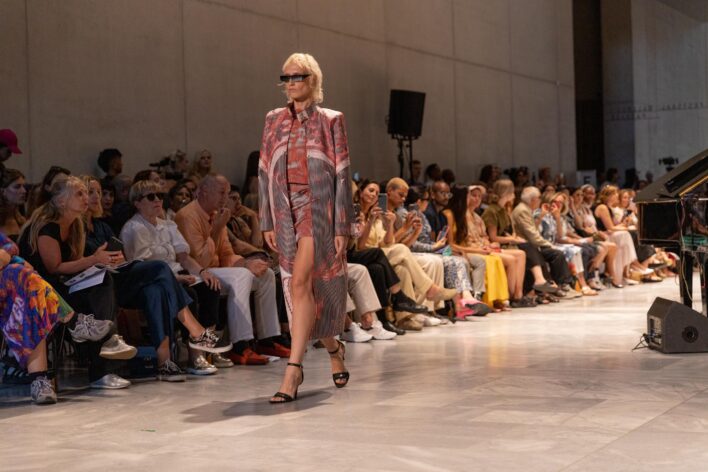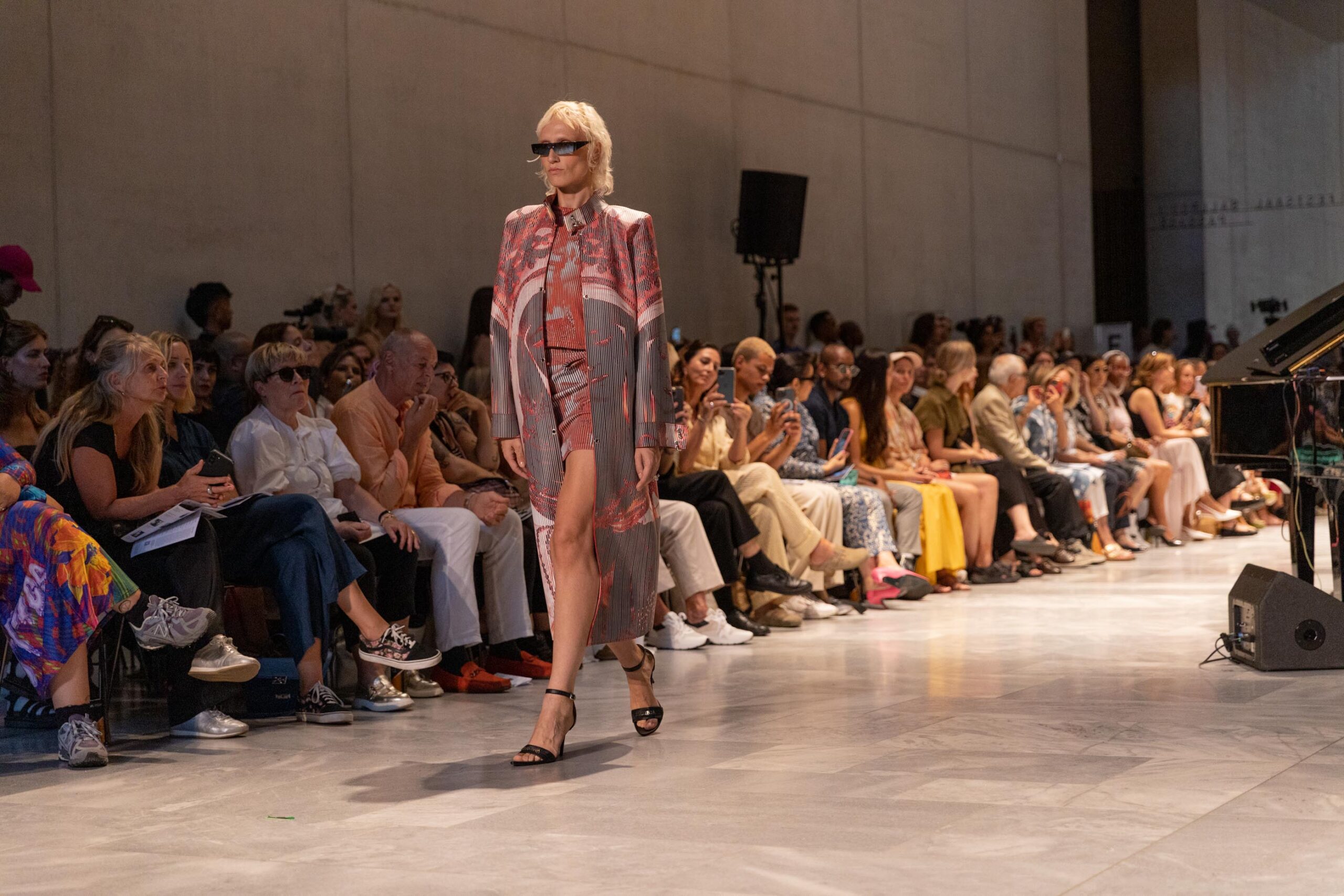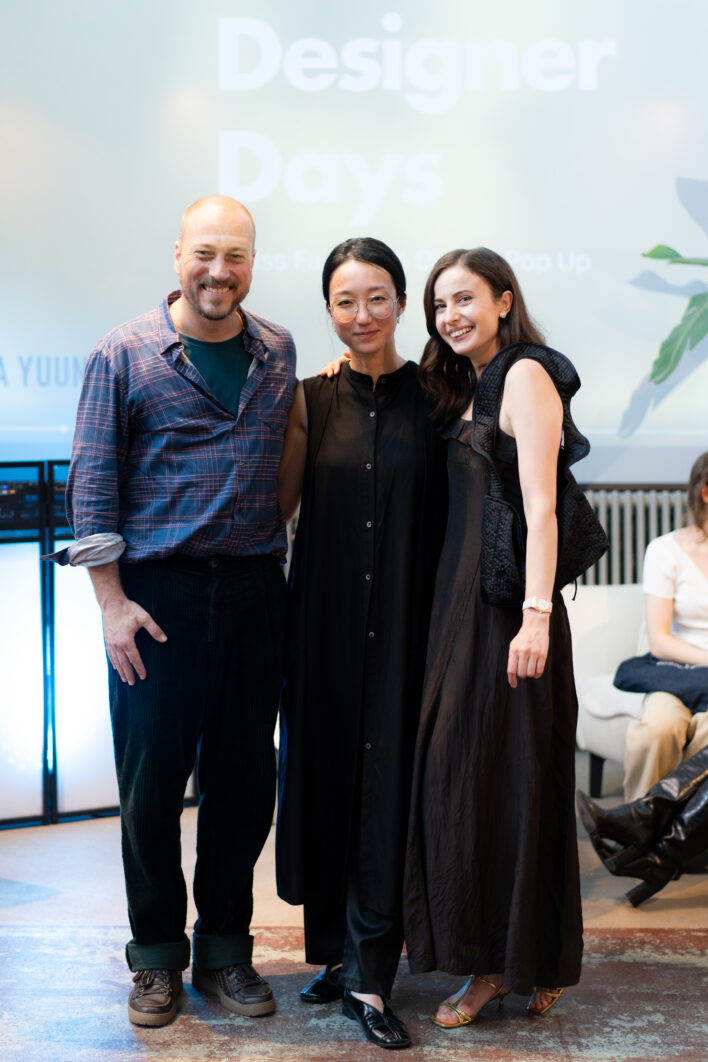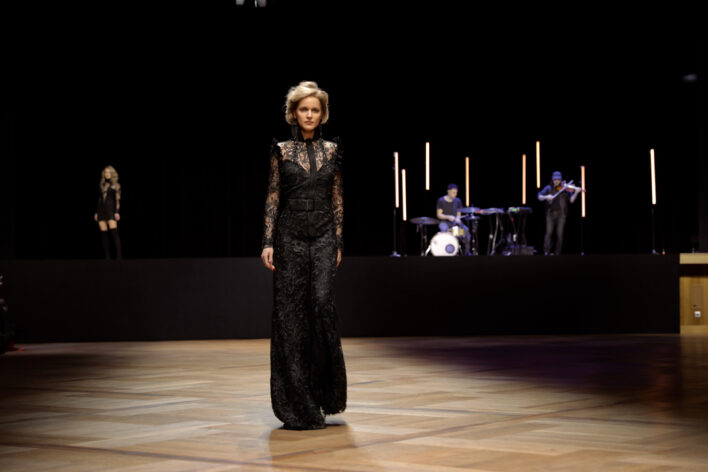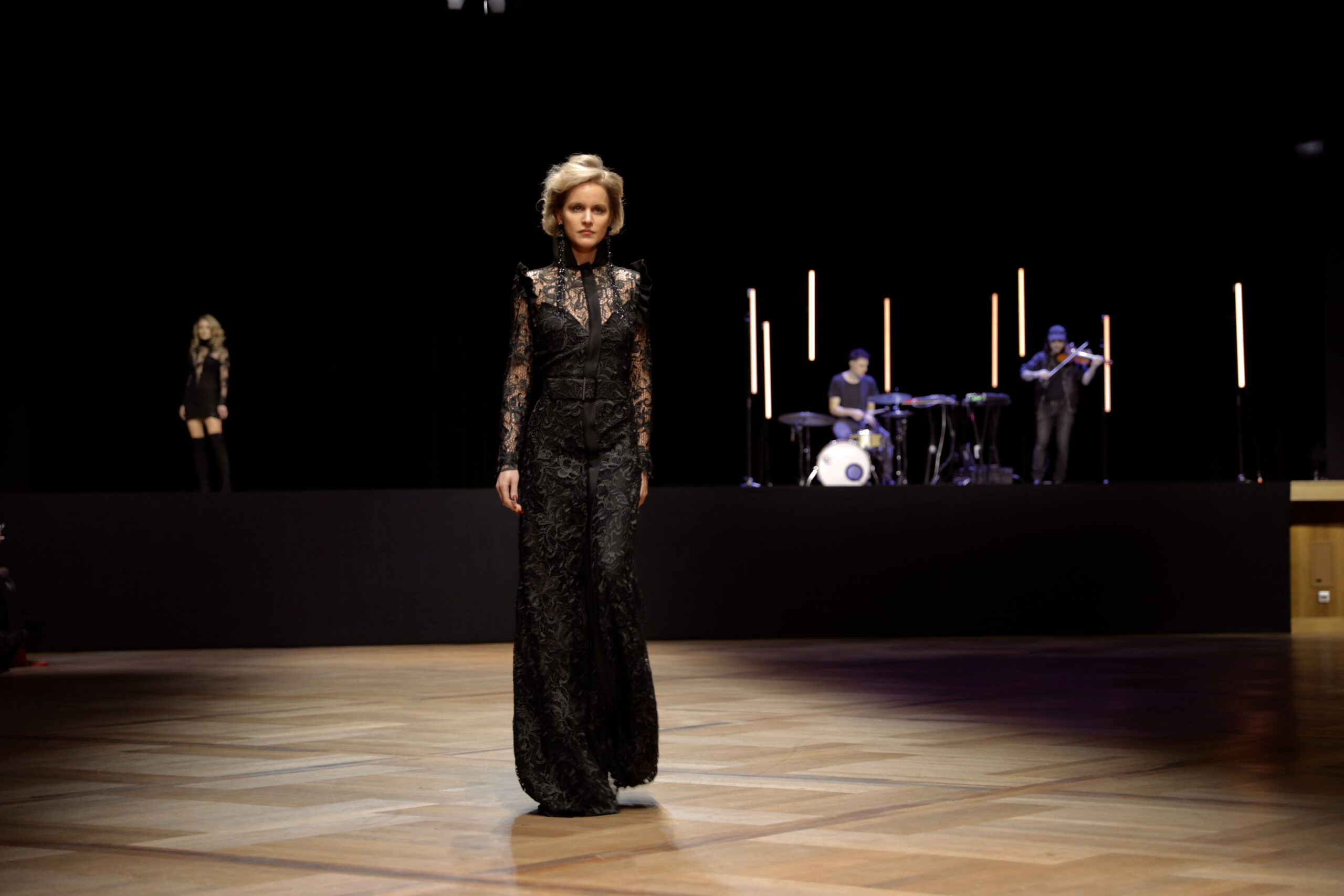The principles of sustainable fashion, emphasizing quality, conscious consumption, and durability, have become a global necessity. Today, the world has made significant progress in implementing a sustainable approach to fashion. While the focus was once on reducing waste and ensuring ethical working conditions, the horizons have now expanded. The world is used to dressing mindfully, taking care of the clothes, and making eco-conscious choices. Embracing sustainable fashion not only benefits the environment but also allows the people to build a wardrobe that reflects our values.
One of the main trends is not just the use of eco-friendly materials in production but the development of new sustainable materials. For example, the Swiss brand Qwstion created Bananatex, a biodegradable and recyclable fabric made from banana plant fibers. In Ukraine, Ochis developed biodegradable sunglasses from coffee waste and flax cake, offering stylish and eco-friendly products.
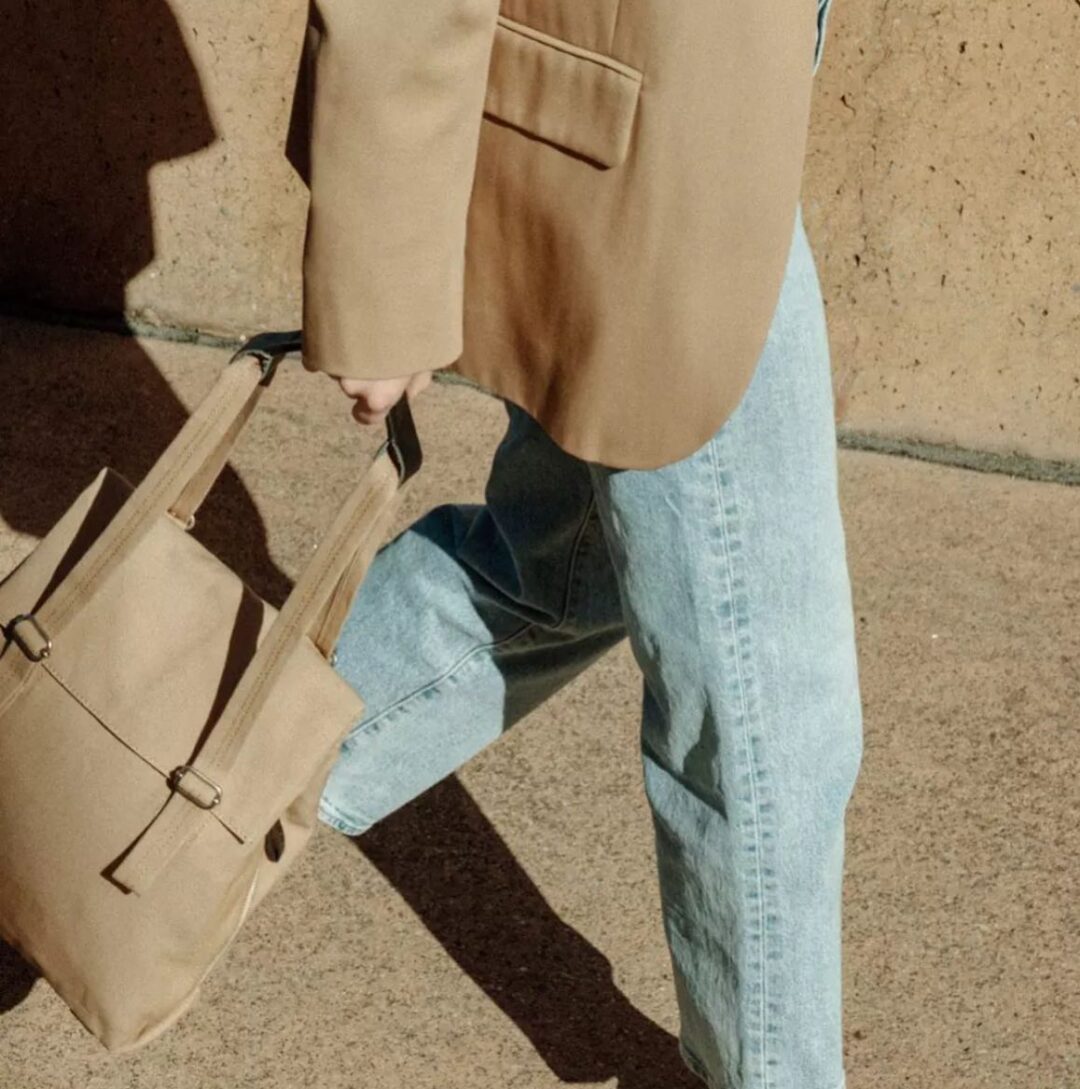

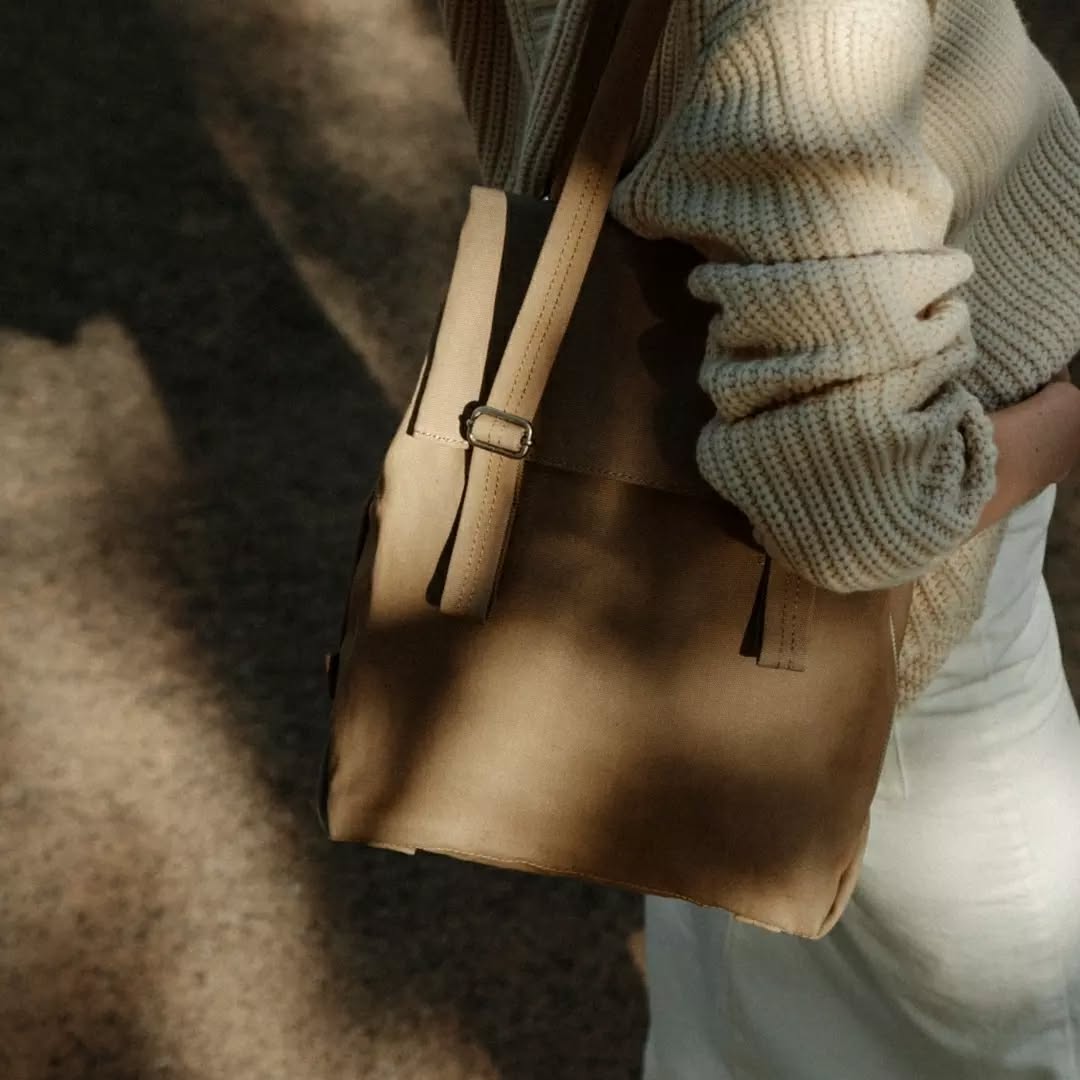

Another key trend is upcycling. Ukrainian brand Ksenia Schnaider is internationally recognized for its upcycled denim and textiles, reworking up to 200 kilos of textile waste per season to produce unique, sustainable garments. Similarly, BETTTER, founded by Julie Pelipas, transforms men’s suits into elegant womenswear. The brand’s innovative approach earned the Karl Lagerfeld Fashion Award from LVMH in 2023. Swiss brands like Freitag and Nikin also contribute to sustainable fashion—Freitag repurposes used truck tarps into accessories, while Nikin plants a tree for every product sold, resulting in over two million trees planted.
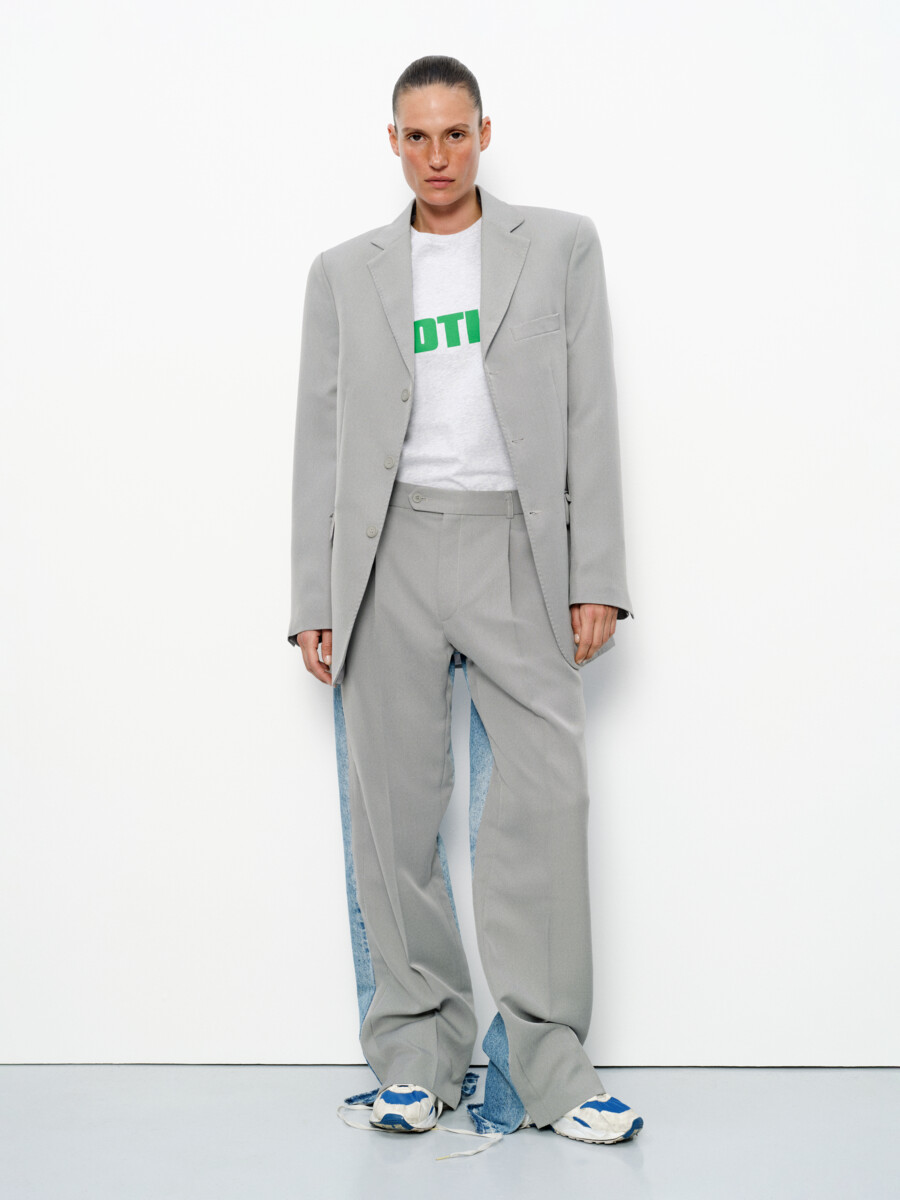
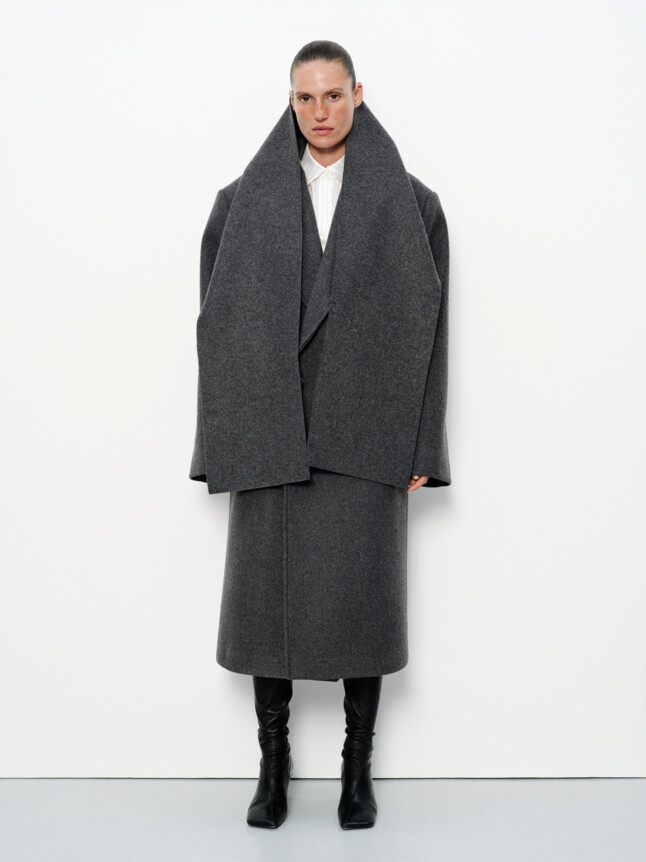
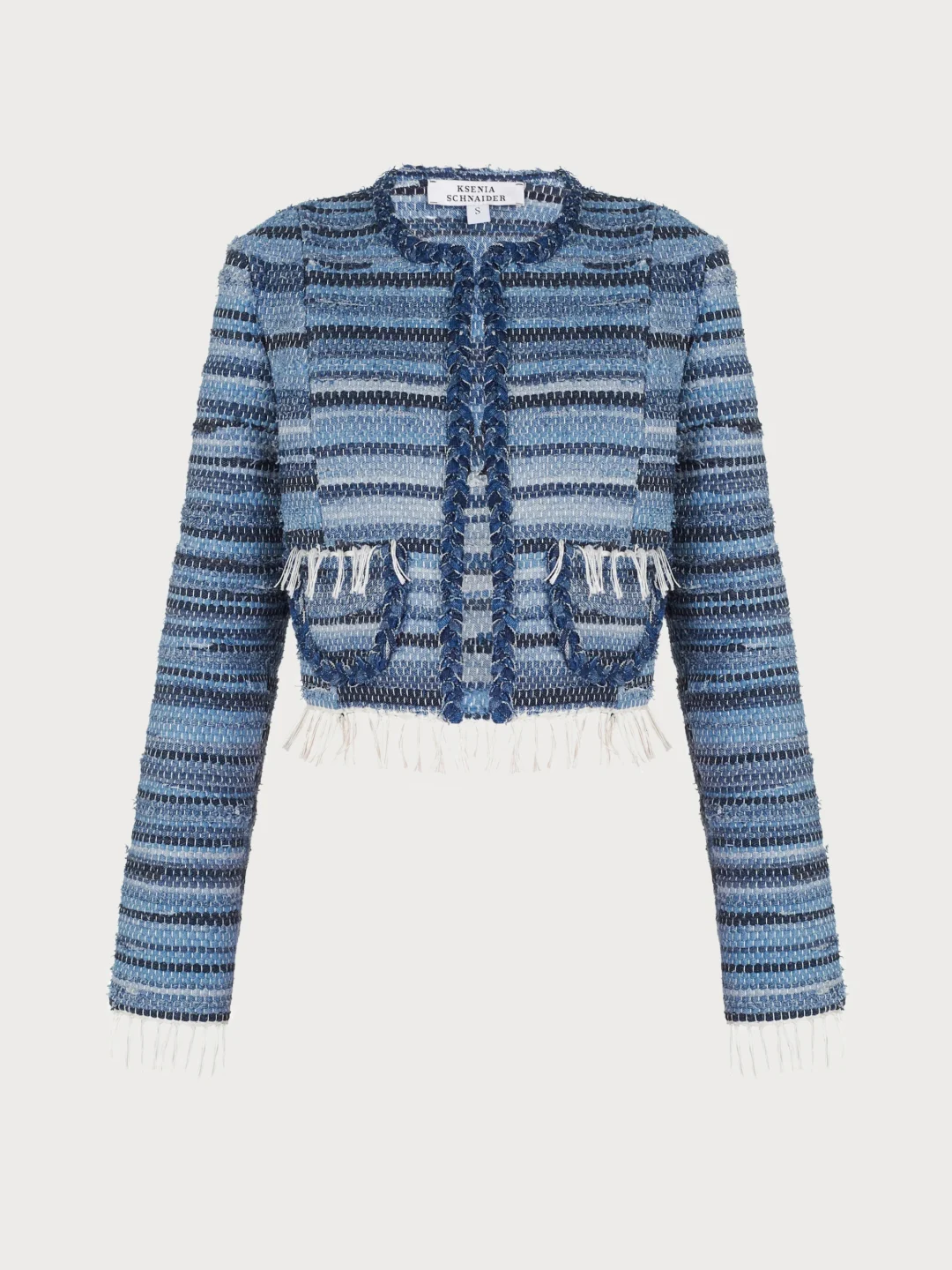
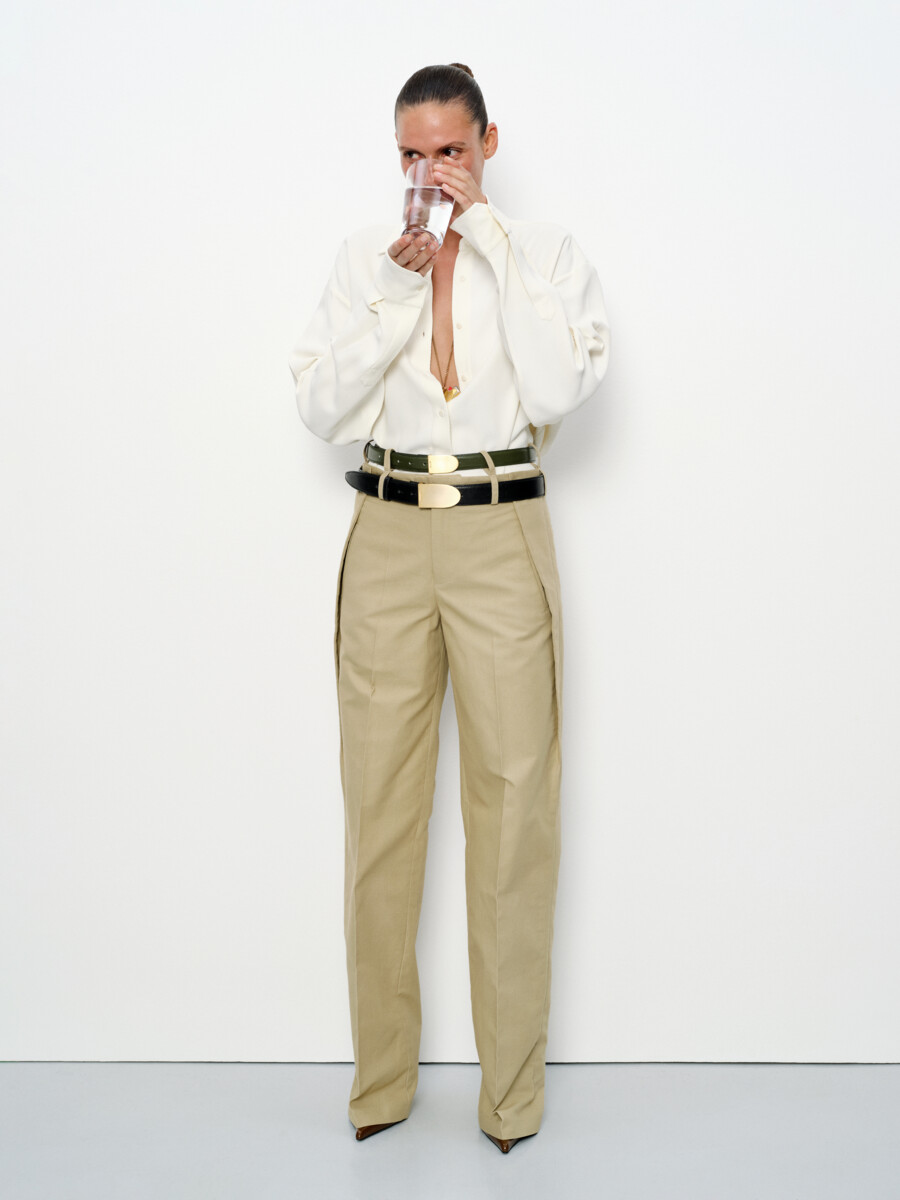
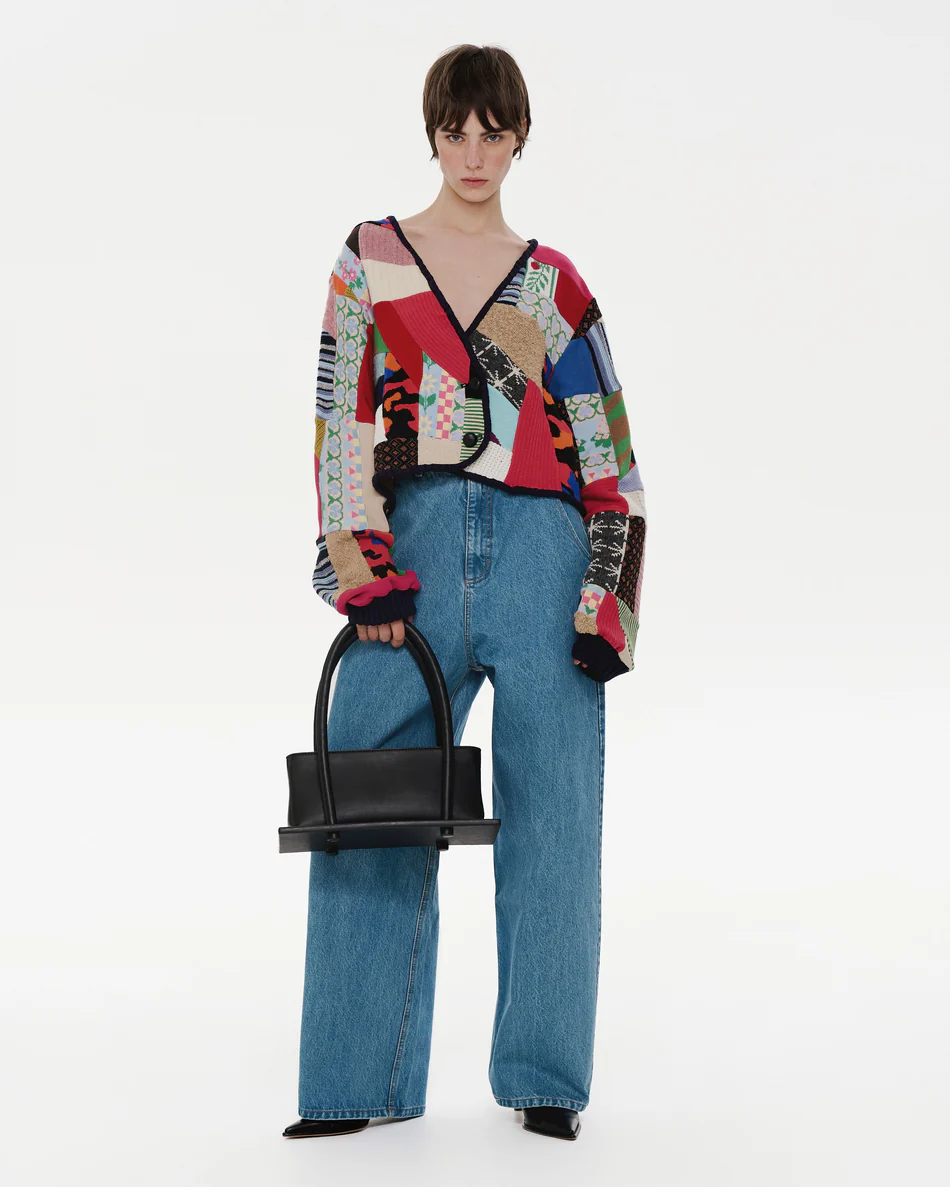
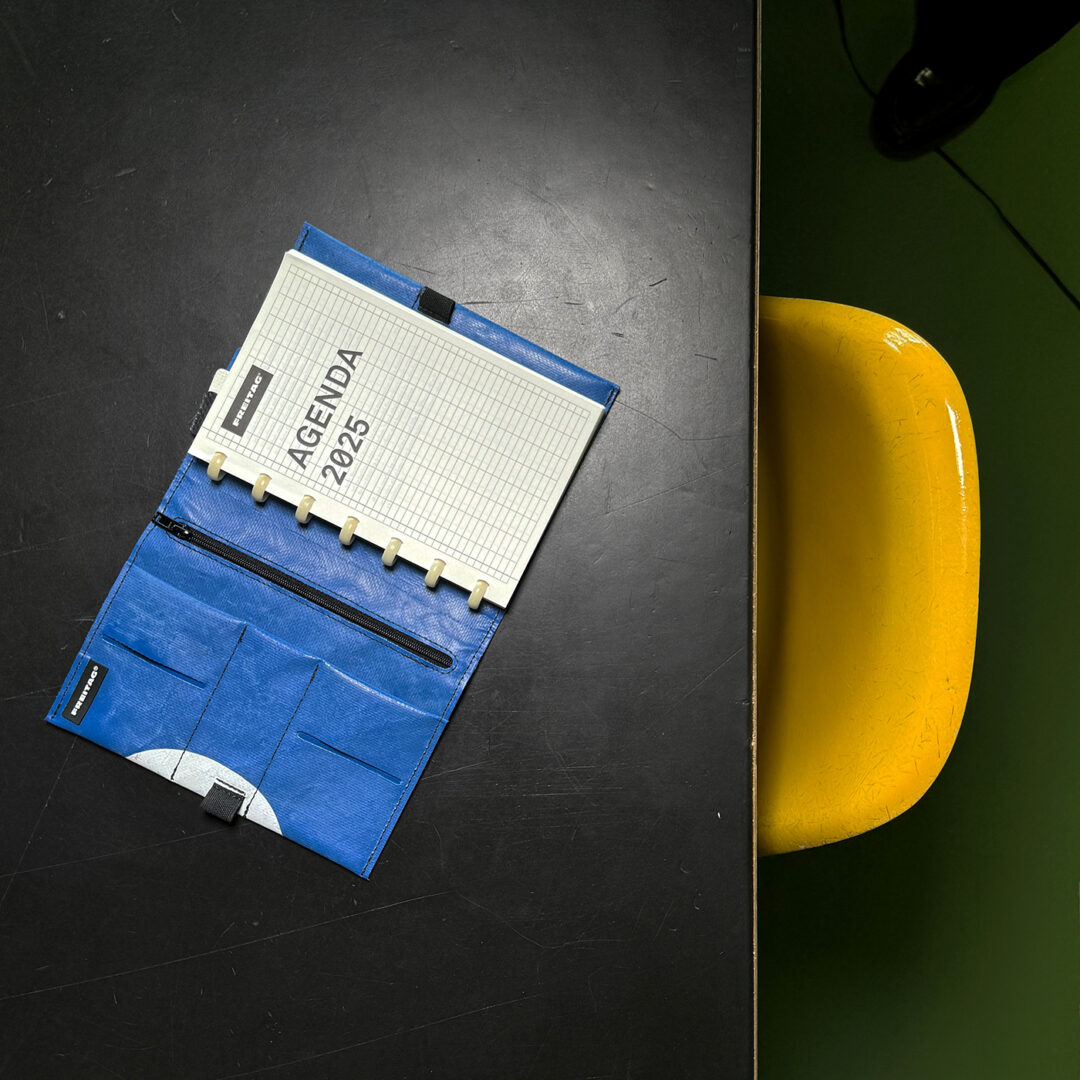
Beyond purchasing, reuse and recycling are essential components of sustainable fashion. In Switzerland, initiatives like Texaid and Caritas Secondhand facilitate clothing donation for recycling and charity. Repair services, such as Histoire Sans Chute, and events like the Re&Upcycling Expo further promote eco-conscious practices.
